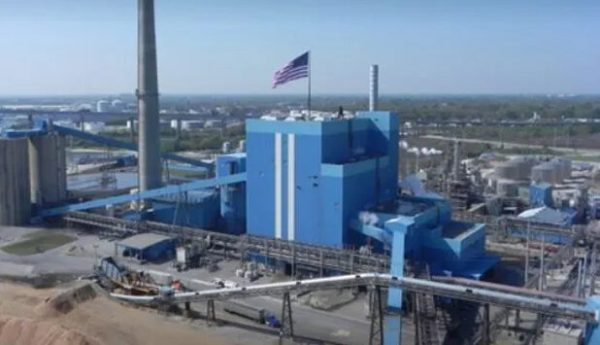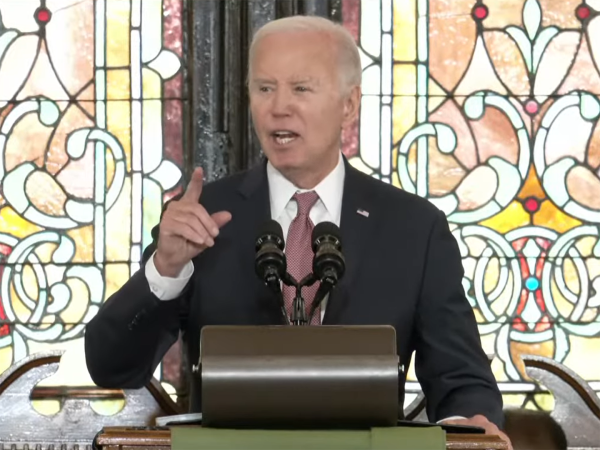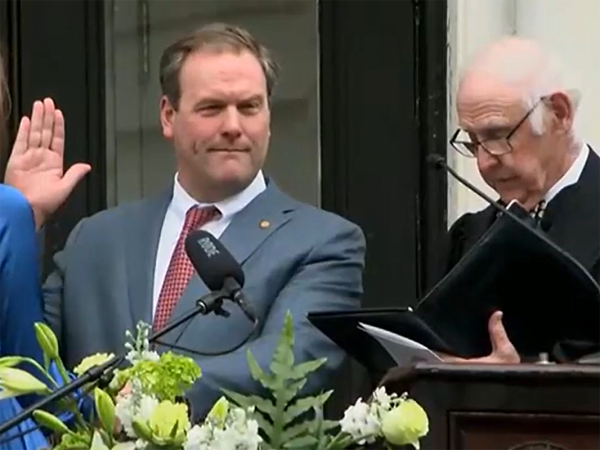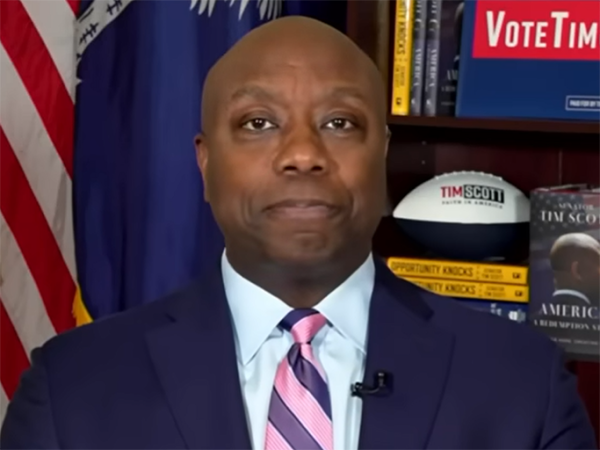FTX: The Greatest Fraud Since Madoff
A Quick Synopsis of FTX’s Downfall
In the fall of 2022, FTX became a spontaneous topic of conversation. People all over the world began to take a closer look at the cryptocurrency exchange and its practices.
For those who do not know, FTX is a major cryptocurrency exchange and its US branch filed for Chapter 11 bankruptcy on November 11, 2022. The former CEO, Sam Bankman-Fried, was arrested in December and faces eight criminal charges including wire fraud and conspiracy to defraud investors.
The SEC alleges that Bankman-Fried used customer funds as a “personal piggy bank” to make private investments, including real estate and political campaign donations. The crash of FTX has wide-reaching implications throughout the crypto market as cryptocurrencies and exchanges with exposure to FTX’s or its native token, FTT, face sinking prices and financial troubles.

The collapse of FTX took place over a 10-day period in November 2022. The root cause of the collapse was breaking news on November 2nd from CoinDesk, a cryptocurrency news website, that exposed that Alameda Research, Bankman-Fried’s hedge fund, held a position valued at $5 billion in FTT, which is the native token of FTX. This sparked worries throughout the crypto industry about the undisclosed vulnerability of Bankman-Fried’s companies. Furthermore, Binance, the largest crypto exchange, declared on November 6th that it would liquidate all of its FTT tokens, which further exacerbated the liquidity crisis for FTX. Bankman-Fried attempted to reassure FTX investors but customers demanded withdrawals totaling $6 billion in the days immediately following the CoinDesk report.
Essentially, investors in FTT heard that FTX was going under, so everyone requested a withdrawal – literally everyone. $6 billion dollars worth of withdrawals were initiated. And guess what? FTX did not have the money.
$6 billion dollars worth of withdrawals were initiated. And guess what? FTX did not have the money.
Binance reached a nonbinding agreement to buy the non-U.S. business of FTX on Nov. 8, but backed out a day later due to concerns about the mishandling of customer funds. On Nov. 11, FTX filed for bankruptcy protection, revealing that roughly 130 other affiliated companies were also part of the proceedings. After filing for bankruptcy, FTX reported that unauthorized transactions had occurred and to protect the assets, the company decided to move its digital assets to a secure offline storage. Fishy…
FTX’s collapse serves as a reminder to always do thorough research and due diligence before investing in any cryptocurrency exchange or tokens. It is also a reminder of the importance of proper corporate controls and transparency in the industry. The fallout from FTX’s collapse has had a ripple effect throughout the crypto market, highlighting the need for stricter regulations to protect investors.
As alleged in the complaint filed by the Securities and Exchanges Commission (SEC), former CEO Sam Bankman-Fried used customer funds as a “personal piggy bank”Former CEO Sam Bankman-Fried used customer funds as a “personal piggy bank” to make private investments including real estate and political campaign donations. The SEC claims that Bankman-Fried misappropriated customer funds and misled customers about the safety of their funds and the solvency of the exchange.
Former CEO Sam Bankman-Fried used customer funds as a “personal piggy bank”
/cloudfront-us-east-1.images.arcpublishing.com/gray/VPSDSFEXCVCCVPNUZR3MZIEAM4.JPG)
According to the SEC’s complaint, Bankman-Fried and other executives at FTX created false accounting records to conceal the misappropriation of customer funds. They also transferred funds from customer accounts to affiliated companies and used the funds for personal expenses, including the purchase of luxury real estate. The SEC further alleges that Bankman-Fried and other executives at FTX made false and misleading statements to customers about the safety of their funds and the solvency of the exchange.
To summarize, the crypto-giant had one singular bank account for all operations. So if you were to go on your computer and invest in FTX, all of your money would go straight to Sam’s bank account. He could buy a car, a house, a dinner, or whatever he wanted with your funds.
The SEC had two secondary claims:
- One SEC complaint alleges that Bankman-Fried and other executives at FTX engaged in a scheme to defraud investors by making false and misleading statements about the safety of their funds. They allegedly made these false statements in order to convince customers to deposit and maintain their funds at FTX.
- The second SEC complaint alleges that Bankman-Fried and other executives at FTX engaged in insider trading by using non-public information to trade in the securities of the exchange. They allegedly made trades while knowing that the exchange was in a precarious financial position and that customers’ funds were at risk.
In addition to the criminal charges, Bankman-Fried and FTX are also facing civil charges from the SEC for securities fraud and other violations. The SEC is requesting court-ordered actions to prevent further violations, the return of any illegally obtained profits, and fines to be imposed as punishment.
The case is a stark reminder of the importance of proper corporate controls and transparency in the crypto industry, as well as the need for stricter regulations to protect investors. It’s also a warning for investors to do their own research and due diligence before investing in any cryptocurrency exchange or tokens.
On another note, it looks like the Miami Heat won’t be playing within the FTX arena anymore. Miami-Dade County, the owner of the arena, has asked a federal judge to end their 19-year, $135 million naming rights deal with the now-bankrupt cryptocurrency exchange company. The county has argued that continuing the agreement would cause significant hardship for them and make it harder to find a new arena sponsor.
It’s not just the Miami Heat arena that’s feeling the burn of FTX’s collapse. The logo of the now-bankrupt FTX can still be seen all over the sports arena, including on the building, the basketball court, and even on the jerseys of the Miami Heat team. For months, a commercial featuring a popular player from the Miami Heat, Udonis Haslem, has been airing on local game broadcasts, promoting the cryptocurrency company.
But it’s not just the Heat, FTX has signed several sport sponsorship contracts, including with Major League Baseball, the Golden State Warriors, the Washington Wizards, the Washington Capitals, and esports team TSM.
It’s crazy to think that just a year and a half ago, FTX was valued at around $30 billion, and Bankman-Fried was seen as a promising leader who could bring legitimacy to the unregulated cryptocurrency industry. But now, the company owes creditors over $3 billion and new leadership is struggling to account for the disappearance of an unknown amount of customer money.












